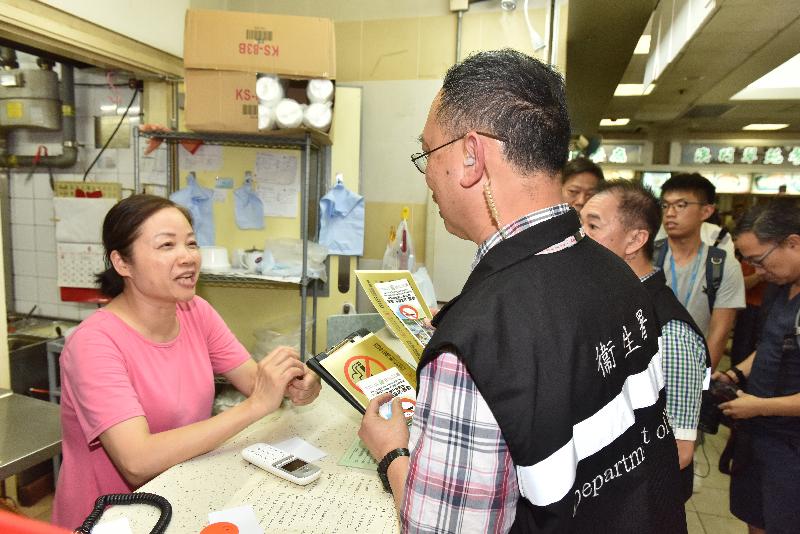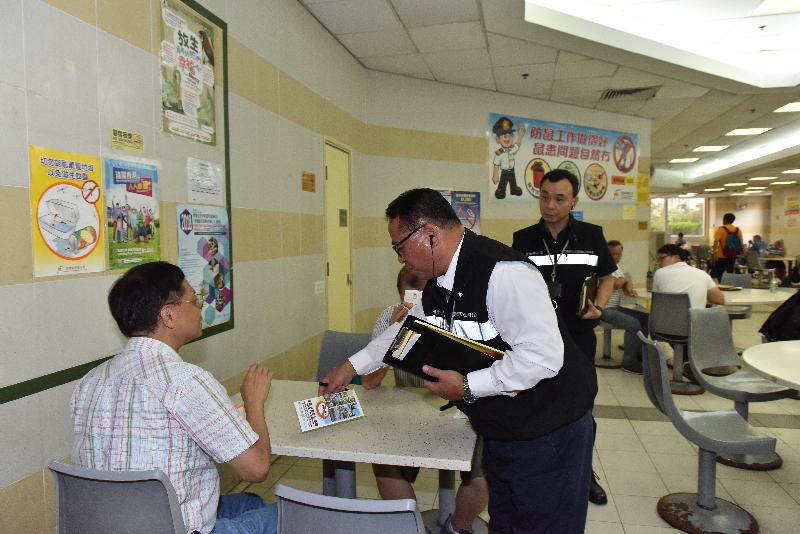Man sentenced for selling dog without one-off permit
A 52-year-old man who sold a dog without a one-off permit was convicted at the Fanling Magistrates' Courts today (June 26) for violating the Public Health (Animals and Birds) Ordinance (Cap 139).
A spokesman of the Agriculture, Fisheries and Conservation Department (AFCD) said that AFCD staff had received a complaint about suspected illegal trading of dogs on the Internet in November last year. An AFCD officer, posing as a customer, contacted the trader, and met the 52-year-old man at Kam Sheung Road on December 11. The man was carrying three young dogs in a dog cage. After the man agreed to sell one of the dogs for $8,500, the officer revealed his identity and follow-up investigations were initiated.
Following investigations by the AFCD it was found that the man was selling dogs without a valid licence or permit. AFCD charged the man for selling a dog without a one-off permit. The man was convicted today and fined $4,000.
The amended Public Health (Animals and Birds) (Trading and Breeding) Regulations (Regulations) (Cap 139B) came into force on March 20 last year. Any person who sells a dog must obtain a suitable type of licence or permit. There are three types of licence and one type of permit, namely the Animal Trader Licence and the Dog Breeder Licence Category A and Category B, as well as a one-off permit for dog owners. Those who sell animals or birds without a proper licence or permit are liable to a maximum fine of $100,000, whereas the maximum penalty for contravention of a condition attached to a licence or permit is a fine of $50,000.
Since the amended Regulations came into effect, about 200 complaints have been received by the AFCD in relation to suspected dogs being offered for sale on the Internet without a licence or one-off permit. The AFCD followed up all these cases and detected suspicious elements in 42 cases. Following in-depth investigation, including decoy operations, 21 cases have been successfully prosecuted, 19 cases are still under investigation and two cases were dropped due to insufficient evidence.
The spokesperson reminded the public that since the amended Regulations came into force, all animal traders and dog breeders and those who sell their own dogs should obtain a suitable type of licence or permit, and follow the licence conditions and codes of practice to ensure the welfare of animals. Failure to do so may lead to prosecution. For more details of the regulations and the application procedure for a licence or permit, please visit www.pets.gov.hk or call 1823.










